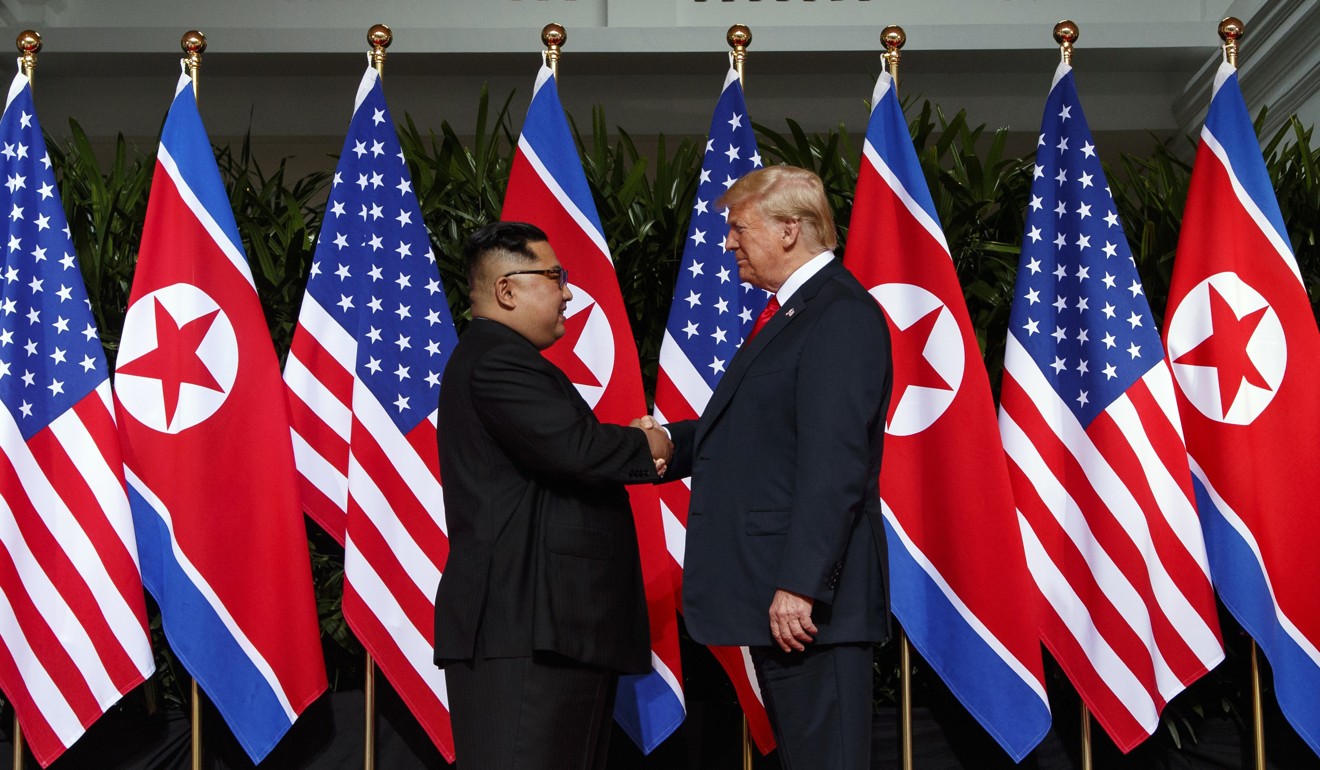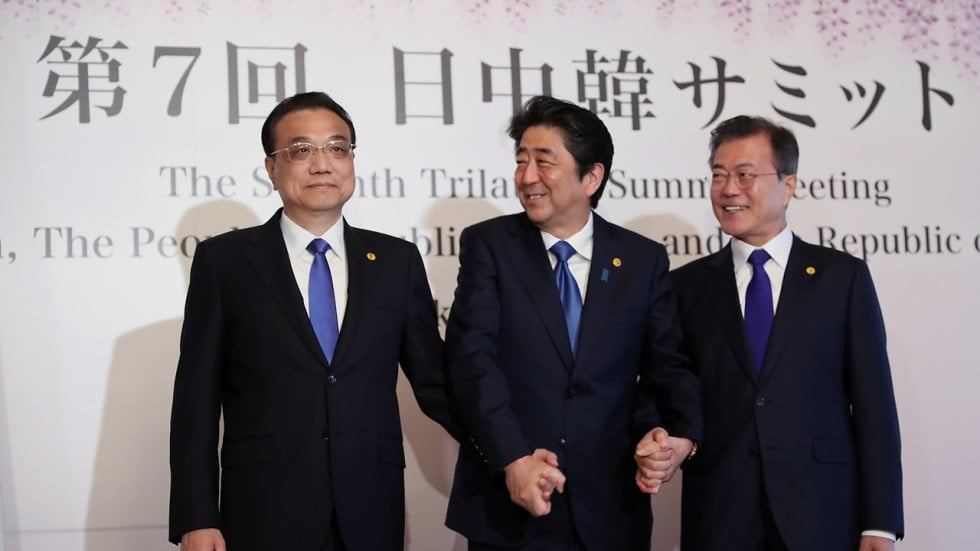The proposed talks in Beijing in December would be the second such summit this year, and could represent Beijing’s attempt to hold sway in the wake of the Trump-Kim meeting.
China has sounded out Japan and South Korea to hold a trilateral summit again in December in Beijing, hoping to further ramp up cooperation to denuclearise North Korea, diplomatic sources said Sunday.
With the leaders of Japan, China and South Korea having met for a summit in Tokyo just last month, it would be unusual for a trilateral meeting at this level to be held again in the same year.
China, a key economic benefactor of North Korea, appears to be pushing for a successive summit with its neighbours to ensure that it has the lead in the North Korean nuclear issue, following the recent historic US-North Korea summit, some political commentators say.

Last Tuesday, US President Donald Trump and North Korean leader Kim Jong-un held a summit in Singapore during which Kim promised to work towards the “complete” denuclearisation of the Korean Peninsula.
It was the first-ever summit between a sitting US president and a North Korean leader.
The Chinese government also told Japan that it would receive Prime Minister Shinzo Abe for an official visit to China around the time of the envisaged trilateral summit, the sources said.
When Abe, Chinese Premier Li Keqiang and South Korean President Moon Jae-in met in May, they agreed to work together toward the complete denuclearisation of North Korea. Meeting Li one-on-one, Abe expressed a desire to visit China by the end of this year.
By organizing a second trilateral summit this year, China may want to demonstrate the partnership between the three Northeast Asian countries to the United States, as Beijing and Washington have been increasingly mired in a trade dispute.
[Disclaimer]










